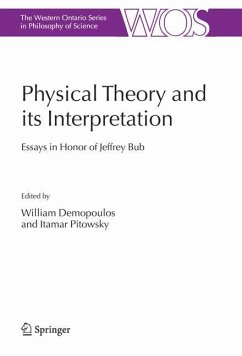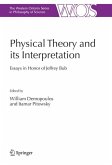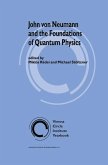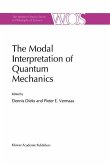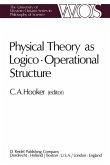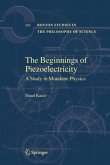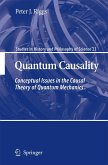JeffandImetwhenIwasagraduatestudentattheUniversityofMinnesotaandhewas a post doctoral fellow, first in the Chemistry Department, and then in the Center for Philosophy of Science. Later we were colleagues atWestern Ontario. Our friendship and collaboration owe a great deal to both these institutions. In the mid-1960s the Center enjoyed great success under Feigl's directorship. The history of the Center has been only very partially documented. Feyerabend's recollections,reportedinhisAutobiography,andsomeyearsearlierinhisremarksfor Feigl's Festschrift, possess an immediacy that makes them particularly noteworthy, even if all too brief. The Center was the first American institution of its kind and a bastion of positivist and neo-positivist thought. At the time Jeff and I were there, the staff included, in addition to Feigl and Maxwell, Paul Meehl, Roger Steuwer and Keith Gunderson. There were many enthusiastic graduate students, and there was participation, on occasion, from the members of the Philosophy Department, as well as the departments of physics, psychology, mathematics and chemistry. The extent to which this (to us ideal) environment was held together by the force of Feigl's personality became evident only many years later. The political liberalism of the Viennese Positivists was very much reflected in the philosophicalatmosphereFeiglcreated,anatmospherethatwasmarkedbyopenness, collegiality and intellectual freedom. Combined with its excellent permanent faculty and steady stream of distinguished visitors, the Center was especially well-suited to Jeff's and my early friendship, our analytic and speculative interests, and our early collaboration.This collaboration was continued when we were members of the Philosophy Department at Western Ontario.
Hinweis: Dieser Artikel kann nur an eine deutsche Lieferadresse ausgeliefert werden.
Hinweis: Dieser Artikel kann nur an eine deutsche Lieferadresse ausgeliefert werden.
From the reviews:
"This book presents a thorough discussion that will help one to develop a more satisfying perspective of quantum mechanics. ... This book is very comprehensive and ... I liked it a lot and found it well worth reading." (Philosophy, Religion and Science Book Reviews, bookinspections.wordpress.com, May, 2014)
"This book is a homage to Jeffery Bub, with twelve contributions from colleagues and friends- philosophers, physicists and mathematicians-working in the foundations and philosophy of modern physics. ... this book holds something of interest for philosophers and physicists alike who are interested in the philosophical problems of modern physics. The expositions are generally of high quality, and the book makes for very interesting and, in places even entertaining reading." (Paul Busch, Studies in History and Philosophy of Modern Physics, Vol. 40, 2009)
"This book presents a thorough discussion that will help one to develop a more satisfying perspective of quantum mechanics. ... This book is very comprehensive and ... I liked it a lot and found it well worth reading." (Philosophy, Religion and Science Book Reviews, bookinspections.wordpress.com, May, 2014)
"This book is a homage to Jeffery Bub, with twelve contributions from colleagues and friends- philosophers, physicists and mathematicians-working in the foundations and philosophy of modern physics. ... this book holds something of interest for philosophers and physicists alike who are interested in the philosophical problems of modern physics. The expositions are generally of high quality, and the book makes for very interesting and, in places even entertaining reading." (Paul Busch, Studies in History and Philosophy of Modern Physics, Vol. 40, 2009)

